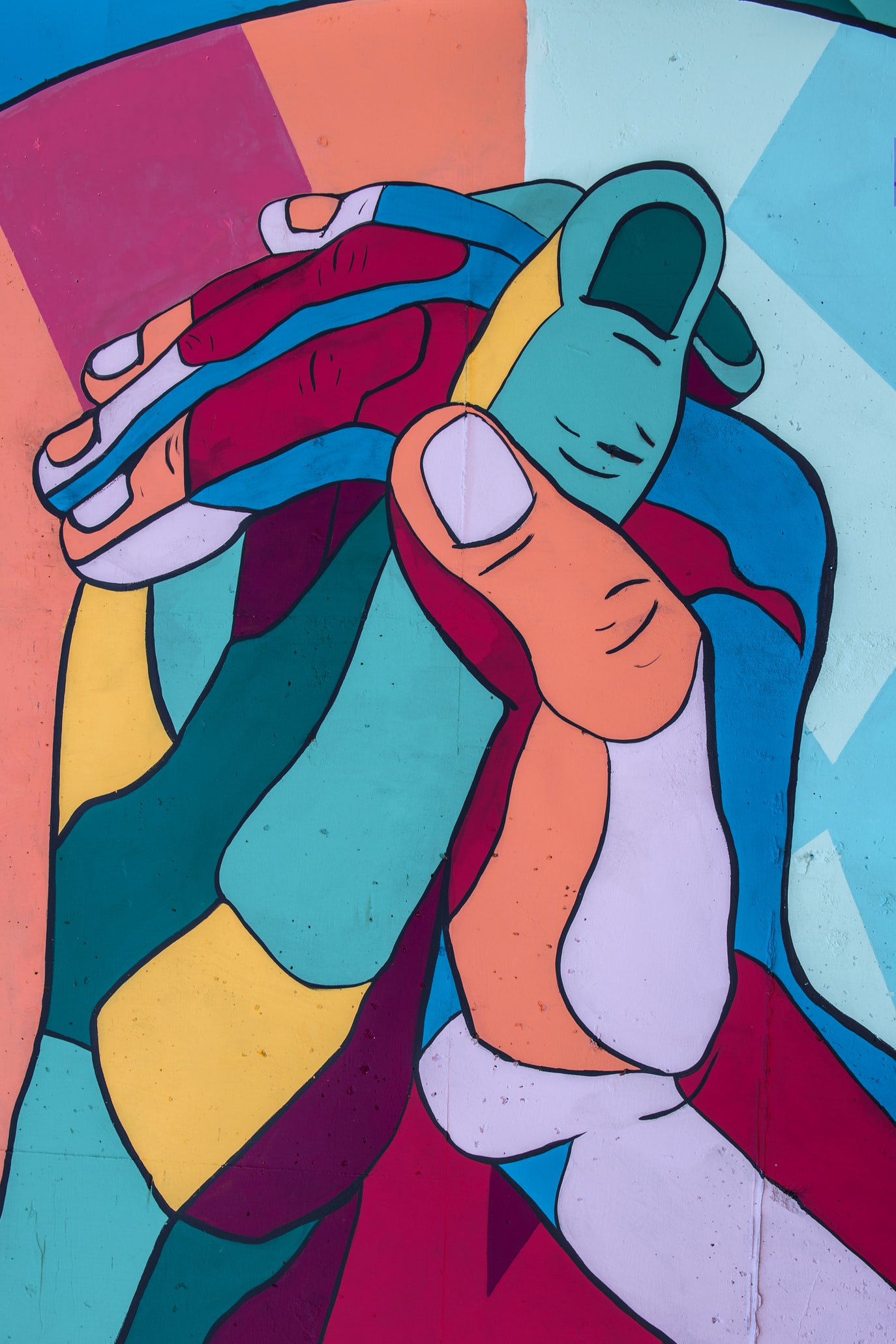Knowledge as a Tool for Identity Development and Social Transformation
A Case of a Teacher’s Activist Transformative Agency in Post-Apartheid South Africa’s Schooling
DOI:
https://doi.org/10.7146/ocps.v22i1.121444Keywords:
Transformative pedagogy, Critical pedagogy, Transformative agency, community practices, Ubuntu, Vygotsky, Identity development, South Africa, Post-apartheid schoolingAbstract
Inspired by recent advances in research on transformative agency development, and applying relevant conceptual and analytical tools, the paper explores a teacher’s enactment of transformative pedagogy unfolding in the first decade of South Africa’s post-apartheid political transformation. The paper explores the teacher’s struggles for social transformation and self-realization, waged through classroom teaching and learning, blended with culturally situated knowledge practices. That is, the teacher creatively brings together two initially contradictory knowledge practices of schooling vis-à-vis non-school knowledge practices. In this, the teacher challenges assumptions of immanent discontinuities between formal school knowledge on the one hand, and the non-school, culturally situated knowledge traditions and community practices on the other hand. The teacher therefore purposefully connects school knowledge—meaningfully, with culturally situated knowledge practices. Consequently, the teacher enables learners to reflect on personal experiences and culturally situated practices while simultaneously subjecting concepts and ideas to reflection, from the standpoint of learners’ culturally situated knowledge—including community practices.
References
Arievitch, M & Stetsenko, A. (2004). Vygotskian collaborative project of social transformation: history, politics, and practice in knowledge construction. Critical Psychology, 58-79.
Bernstein, B. (2000) Pedagogy, Symbolic Control and Identity: Theory, Research, Critique, 2nd Edition, Rowman & Littlefield.
Biko, S. (1978). I write what I like. Johannesburg, SA: Picador Africa.
Blacking, J. (1973). How musical is man? Washington: University of Washington Press.
Cole, M. (1996). Cultural Psychology: A Once and Future Discipline. Cambridge, MA: Harvard University Press.
Collins, C. (2011). Reflections on CHAT and Freire’s Participatory Action research from
West of Scotland: Praxis, Politics, and the “Struggle for Meaningful Life”. Mind, Culture and Activity, 18: 98-114.
Department of Education. (2009). Report of the Task Team for the Review of the Implementation of the National Curriculum Statement: Final Report, October 2009. Pretoria, South Africa.
Department of Education. (1997). Outcomes-Based Education in South Africa: Background information for Educators. Pretoria: National Department of Education.
Engeström, Y. (2011). From design experiments to formative interventions. Theory &
Psychology, 21(5), 598-628
Fleisch, B. (2008) Primary education in crisis: Why South African schoolchildren underachieve in reading and mathematics. Juta.
Freire, P. (1970). Pedagogy of the Oppressed. New York: Continuum.
Forster, D. F. (2010). A generous ontology: Identity as a process of intersubjective discovery. An African theological contribution. Retrieved from HTS Toelogiese/Theological Studies 66(1), Art, 731, 12 pages, DOI: 10.4102/hts.v66i1.731.
Kirkaldy, A. (2005). Capturing the soul: The Vhavenda and the missionaries, 1870-1900. Pretoria: Protea Book House.
Lave, J. & Wenger, E. (1991). Situated learning: Legitimate peripheral participation. New York: Cambridge University Press.
Mandela, N, (1994). Long walk to freedom: The autobiography of Nelson Mandela. Franklin Record (first ed.). Philadelphia: Little, Brown. 7 February 1994. ISBN 978-0316545853.
Matusov, E. (2008). Applying a Sociocultural Approach to Vygotskian Academia: `Our Tsar Isn't Like Yours, and Yours Isn't Like Ours'. Culture & Psychology; 14; 5 DOI: 10.1177/1354067X07085808
Matusov, E., Smith, M. P., Candela, M. A., & Lilu, K. (2007). Culture has no internal territory: Culture as dialogue. In J. Valsiner & A. Rosa (Eds.), The Cambridge Handbook of Socio-Cultural Psychology, (pp. 460-483). Cambridge University Press.
Miller, R. (1984). Reflections of mind and culture: Inaugural lecture. University of Natal Press.
Moll, I. (1995). Cultural people and cultural contexts: Comments on Cole and Wertsch (1995). Culture & Psychology, 1, 361–371.
Muthivhi (2014). Cultural-historical basis of literacy practices in Tshivenda-speaking South Africa's Primary classrooms. Outlines: Critical Practice Studies. (3), 79-96.
Muthivhi, A. (2010). Ploughing new fields of knowledge: culture and the role of community schooling in Venda. Journal of Education, 48: 137-153.
Muthivhi, A. (2008). Language policy, classroom practice and concept learning in a Grade One Tshivenda classroom. Southern African Review of Education, 14 (3) 23-35.
Muthivhi, A.E. & Broom, Y. (2008). ‘Continuities across schooling transition: A case of classroom practices among teachers in Venda, South Africa’. Journal of Educational Studies. 7(1), 87-104.
Stetsenko, A. (2020). Critical Challenges in Cultural-Historical Activity Theory: The Urgency of Agency. Cultural-Historical Psychology, Vol. 16, no. 2, pp. 5-18. DOI: https://doi. org/10.17759/chp.2020160202
Stetsenko, A. (2019). Radical-Transformative Agency: Continuities and Contrasts with Relational Agency and Implications for Education. Front. Educ. 4:148. doi: 10.3389/feduc.2019.00148
Tutu, D. (2005). God Has a Dream. New York: Doubleday.
Vianna, E., & Stetsenko, A. (2011). Connecting learning and identity development through a transformative activist stance: Application in adolescent development in a child welfare program. Human Development. 54 (5), 313–338.
Vygotsky, L. S. (1987). Thinking and Speech. In R.W. Rieber & A., Carton, (Eds). The Collected Works of L.S. Vygotsky, 1, 39-288. Plenum.
Vygotsky, L. S. (1978). Mind in society: The development of higher psychological processes. Harvard University Press.
Young, M. (2007). What is schooling for? In Daniels, H., Lauder, H., and Porter, J. (Eds), The Routledge Companion to Education, Routledge.
Downloads
Published
How to Cite
Issue
Section
License
From issue no. 1 2022 and onward, the journal uses the CC Attribution-NonCommercial- Share Alike 4.0 license (https://creativecommons.org/licenses/by-nc-sa/4.0/) The authors retain the copyright to their articles.
The articles published in the previous 37 issues (From Vol. 1, no. 1, 1999 to Vol. 22, No. 1, 2021, are published according to Danish Copyright legislation. This implies that readers can download, read, and link to the articles, but they cannot republish these articles. The journal retain the copyright of these articles. Authors can upload them in their institutional repositories as a part of a green open access policy.




